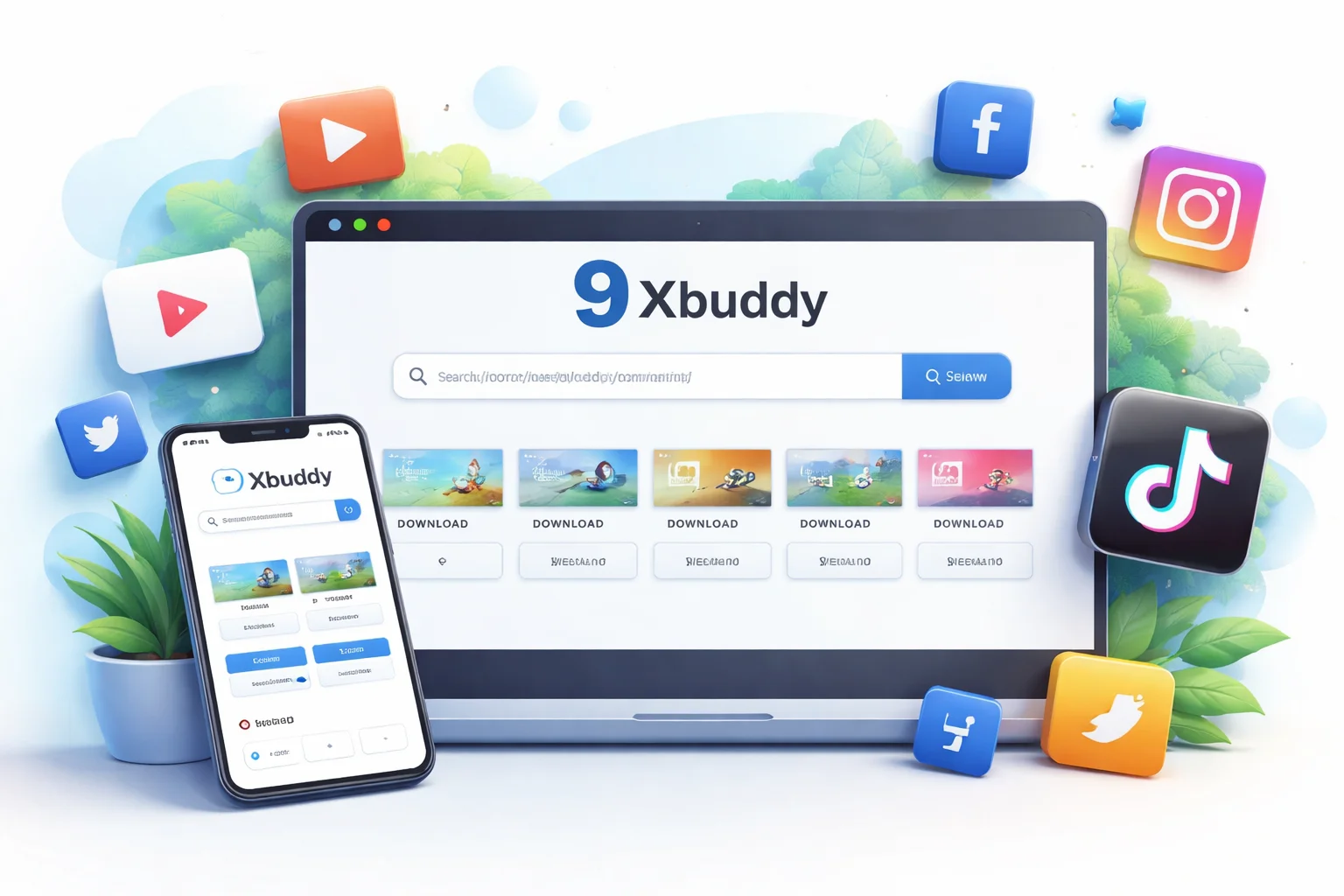The Drive Social Media lawsuit has become a topic of growing concern in the marketing and business communities, raising significant questions about digital marketing accountability, client transparency, and contractual obligations. Drive Social Media, a well-known marketing agency with offices across the U.S., is now facing legal scrutiny that could set a precedent for how digital marketing firms operate in the future.
As businesses increasingly rely on social media advertising and online branding to reach their audiences, legal conflicts like this highlight the importance of clear service agreements, ethical advertising practices, and client satisfaction protocols.
What Is the Drive Social Media Lawsuit About?
The Drive Social Media lawsuit centers around allegations from former clients who claim the agency failed to deliver promised results despite charging premium fees. Plaintiffs in the case allege that Drive Social Media misrepresented its capabilities and results, particularly in areas such as return on ad spend (ROAS), lead generation, and campaign performance metrics.
Also, explore Cincinnati Reds vs Phillies Match Player Stats: In-Depth Analysis
Some claims suggest that Drive Social Media manipulated reporting dashboards and withheld critical performance data to retain clients and secure extended contracts. This has sparked debates about the legal and ethical boundaries of performance marketing and agency-client transparency.
Why the Drive Social Media Lawsuit Matters
This lawsuit is not just an isolated incident; it underscores larger issues within the digital marketing industry. Clients today demand measurable results, and when expectations aren’t met, legal action becomes a growing trend.
The Drive Social Media lawsuit sheds light on several key areas:
- Contract enforcement: Many clients allege that Drive Social Media locked them into contracts without offering sufficient grounds for cancellation.
- False advertising: Claims include inflated performance numbers that misled clients into believing campaigns were more effective than they truly were.
- Transparency concerns: Lack of access to original data and unclear reporting practices are among the central complaints.
- Client trust: Cases like this can erode trust in the broader industry and prompt businesses to demand more rigorous documentation and real-time access to marketing performance.
Legal and Ethical Implications
From a legal perspective, the Drive Social Media lawsuit involves issues of consumer protection, contract law, and potentially even fraud. If the plaintiffs can prove intentional misrepresentation, Drive Social Media may face penalties beyond financial compensation — including damage to its professional reputation.
Ethically, marketing agencies are expected to operate under standards that promote honest communication and deliver what is promised. When agencies prioritize sales over service, the fallout can be both legal and reputational.
In response to the controversy, some agencies are now investing in third-party analytics tools and implementing more transparent reporting systems to avoid similar disputes.
Lessons for Clients and Agencies
The Drive Social Media lawsuit serves as a cautionary tale for both businesses seeking marketing services and agencies offering them.
For clients, here are some best practices:
- Always demand clear KPIs and performance benchmarks in writing.
- Ask for access to original ad accounts and data sources.
- Ensure that cancellation terms and contract lengths are clearly defined.
For agencies, transparency and communication are key. Delivering on promises and maintaining open access to performance data can build long-term trust and prevent legal disputes.
FAQs About the Drive Social Media Lawsuit
1. What triggered the Drive Social Media lawsuit?
The lawsuit was triggered by client complaints alleging false promises, manipulated data, and failure to deliver agreed-upon services.
2. Is Drive Social Media still operating amid the lawsuit?
Yes, the agency continues to operate, although the ongoing legal battle may impact its reputation and client trust.
3. What can businesses learn from this situation?
Businesses should thoroughly vet marketing agencies, review contract terms, and monitor campaign performance independently.
4. Are lawsuits common in the digital marketing industry?
While not extremely common, lawsuits like the Drive Social Media lawsuit are increasing as businesses become more data-savvy and demand results.
5. How can agencies avoid similar legal issues?
Agencies can protect themselves by being transparent, using verifiable data, setting realistic expectations, and offering flexible service terms.
Conclusion
The Drive Social Media lawsuit serves as a pivotal moment in the digital marketing industry, highlighting the importance of transparency, ethical practices, and client satisfaction. While the legal outcome remains pending, the situation has already had a ripple effect across marketing agencies and business clients alike.
In an age where data-driven marketing dominates, both clients and agencies must commit to honest practices, measurable goals, and fair contract structures. Whether you are a business owner seeking marketing services or an agency navigating client expectations, the Drive Social Media lawsuit is a reminder that trust and transparency are not optional — they are essential.


